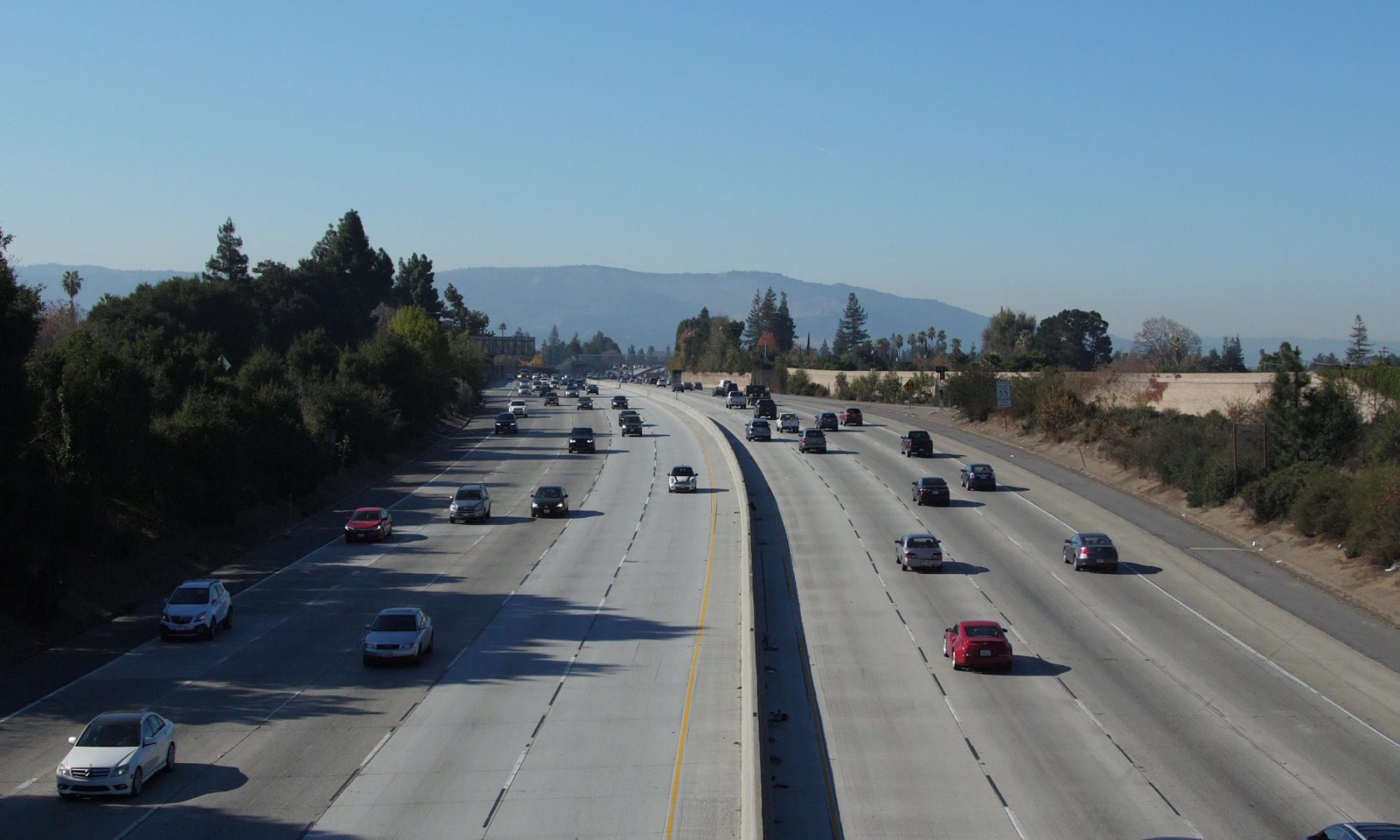INTRODUCTION
Transportation is one of the largest segments that can benefit from actionable insights derived from data captured by sensors. Between traffic, signaling systems, transportation systems, infrastructure, and transit, the opportunity for insights from these sensors to make transportation systems smarter is immense. Unfortunately, there are several reasons why these potential benefits have not yet materialized. Poor data quality, the lack of labels for the data, and the lack of high quality models that can convert the data into actionable insights are some of the biggest impediments to unlocking the value of the data. There is also need for platforms that allow for appropriate analysis from edge to cloud, which will accelerate the development and deployment of these models. The AI City Challenge will specifically focus on problems such as
- Estimating traffic flow characteristics, such as speed
- Leveraging unsupervised approaches to detect anomalies caused by crashes, stalled vehicles, etc. This is the only way to get the humans in the loop pay attention to meaningful visual information
- Multi-sensor tracking, and object re-identification in urban environments
We solicit original contributions in these and related areas where computer vision and specifically deep learning has shown promise in achieving large scale practical deployment that will help make cities smarter.
To accelerate the research and development of techniques that rely less on supervised approaches and more on transfer learning, unsupervised and semi-supervised approaches that go beyond bounding boxes, we are organizing a competition as part of the Challenge. Along with competition results, we are soliciting original contributions of research papers on computer vision for AI City, including but not limited to:
- vehicle and road user detection and tracking
- vehicle type classification
- vehicle re-identification and matching
- vehicle/pedestrian behavior analysis, activity recognition, speed estimation, congestion analysis, anomaly detection, and event summarization
- 3D reconstruction and visualization for transportation detection
- vision algorithms for autonomous driving car or assisted driving
- smart transportation developments/integration with smart city
